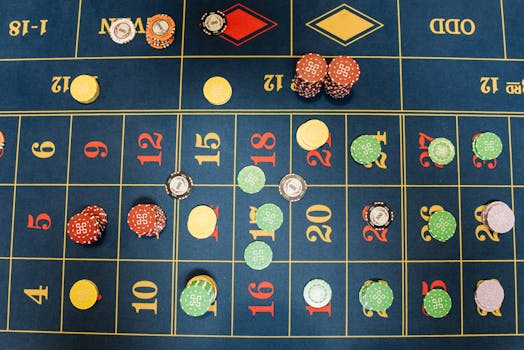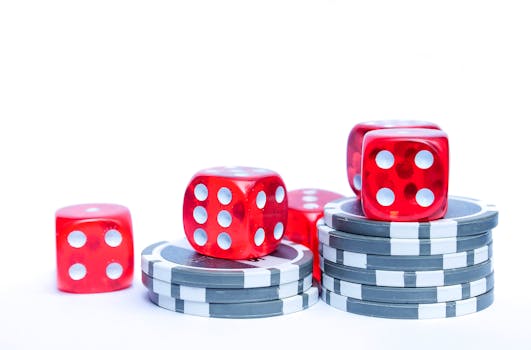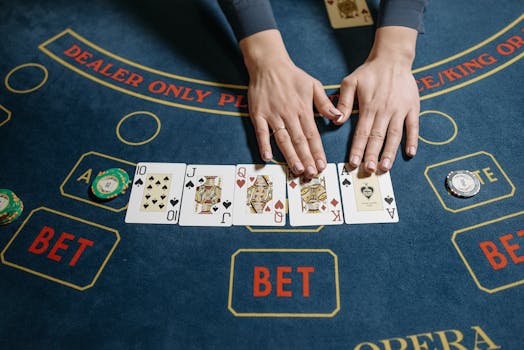How the House Edge Affects Betting Outcomes
Understanding the house edge is crucial for anyone involved in gambling, whether casually at a local casino, or more seriously through online platforms. The term “house edge” refers to the mathematical advantage that gambling establishments hold over players. This advantage ensures that the house ultimately comes out on top over a long period of time, affecting betting outcomes significantly.
What is the House Edge?
The house edge is a percentage representing the average gross profit the casino expects to make from each game. The higher the percentage, the bigger the advantage for the house. For example, a game with a house edge of 5% theoretically means that for every $100 wagered, the casino expects to make $5 profit. Understanding this concept helps gamblers make more informed decisions about where and how to bet.
Approaches to Mitigate the Impact of House Edge
Strategy-Based Games
Games like blackjack and poker allow players to use strategies to reduce the house edge. For instance, basic blackjack strategy can lower the house edge to as little as 0.5%.
Advantages
- Players can directly influence their chances of winning.
- Engaging and requires skill and decision-making.
Disadvantages
- Requires time and effort to learn and master strategies.
- Not foolproof; the house still retains a small edge.
Examples A practical example is card counting in blackjack, a strategy used by players to keep track of the high and low cards dealt from a deck to predict chances of winning future hands. However, casinos counteract this by using multiple decks and shuffling them more often.
Choosing Games with Lower House Edges
Opting for games with inherently lower house edges is another approach. Games like craps and baccarat offer more favorable odds to players than others, like American roulette or slot machines.
Advantages
- Simpler decision-making since these games require less strategy.
- Better long-term profitability potential.
Disadvantages
- These games might offer fewer entertainment options as compared to others like slots which have more variety and multimedia enhancements.
- Limited influence on game outcome.
Examples In baccarat, betting on the banker has a house edge of just about 1.06%, making it one of the lowest risk options available in gambling.
Bankroll Management
Effective bankroll management can’t change the house edge but can help mitigate its effects by extending playtime and reducing the risk of making impulsive, high-stake bets.
Advantages
- Helps maintain control over betting habits.
- Reduces the risk of significant financial losses.
Disadvantages
- Requires strict self-discipline and planning.
- Doesn’t decrease the house edge.
Examples Setting a loss limit or dividing your bankroll into smaller session amounts are practical examples of bankroll management.
Comparing Approaches
While strategy-based games and choosing low-edge games both offer paths to potentially reduce losses to the house edge, they serve different types of gamblers. Strategy games are suitable for those who enjoy a challenge and are willing to invest time in learning and practicing tactics. On the other hand, choosing games with a lower house edge and focusing on bankroll management might be more conducive for casual gamblers who prioritize entertainment and minimizing losses over a longer period.
Conclusion
The house edge is an integral part of gambling that can significantly impact betting outcomes. By understanding and applying strategies to games with a high degree of skill involvement, choosing games with lower house edges, and practicing good bankroll management, players can enhance their overall gambling experience and potentially reduce the impacts of the house edge. Gamblers should always remember that the house edge cannot be completely eliminated, and gambling should be approached responsibly.
For anyone looking to engage in gambling, it's recommended to start with understanding the games that offer the best odds and to practice effective money management. Remember, the goal is not just to win, but also to enjoy the game responsibly and sustainably.

.png)



